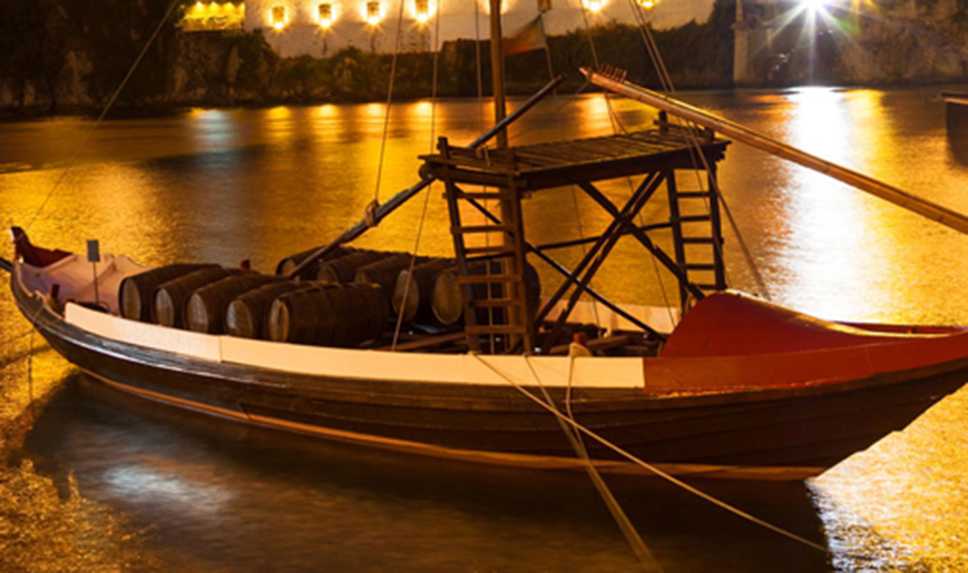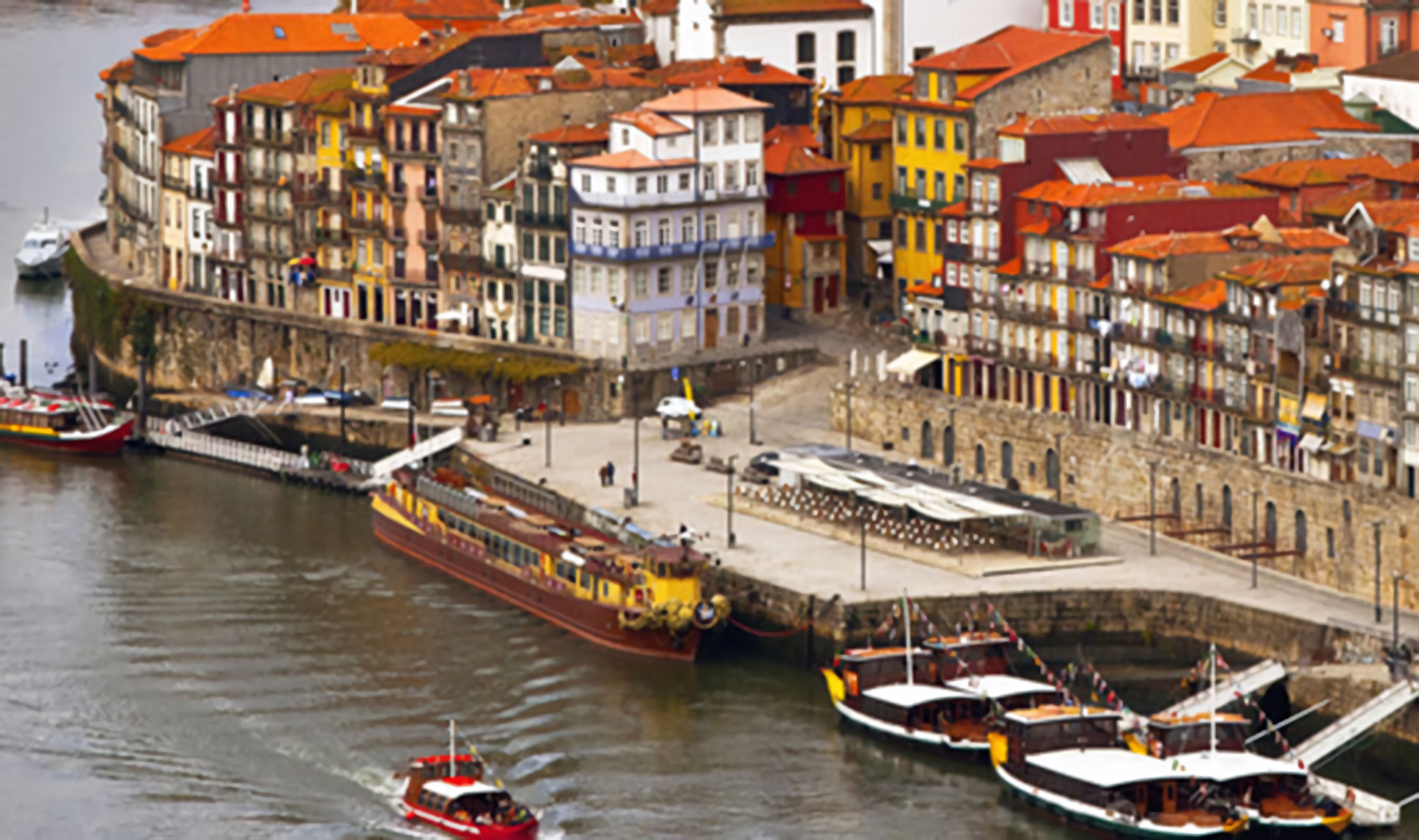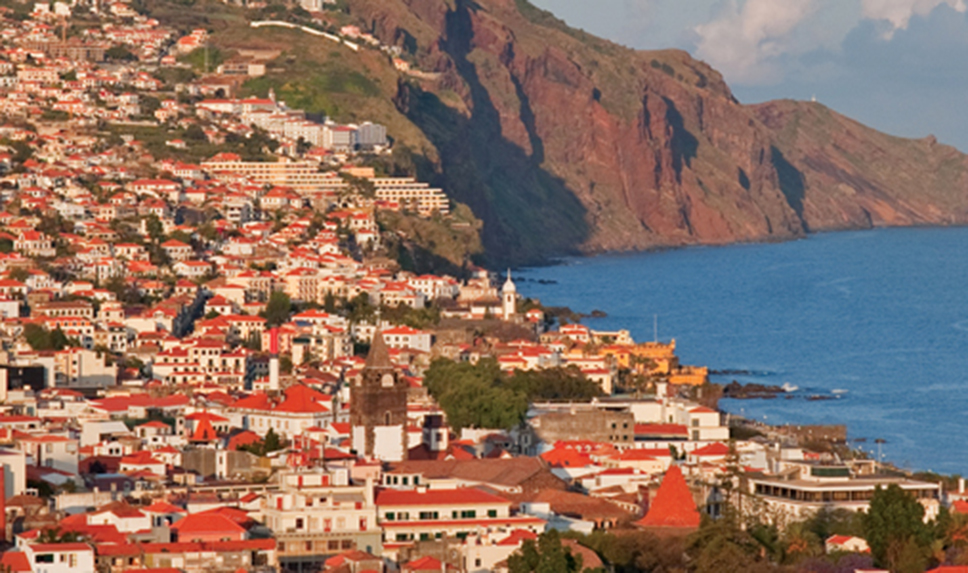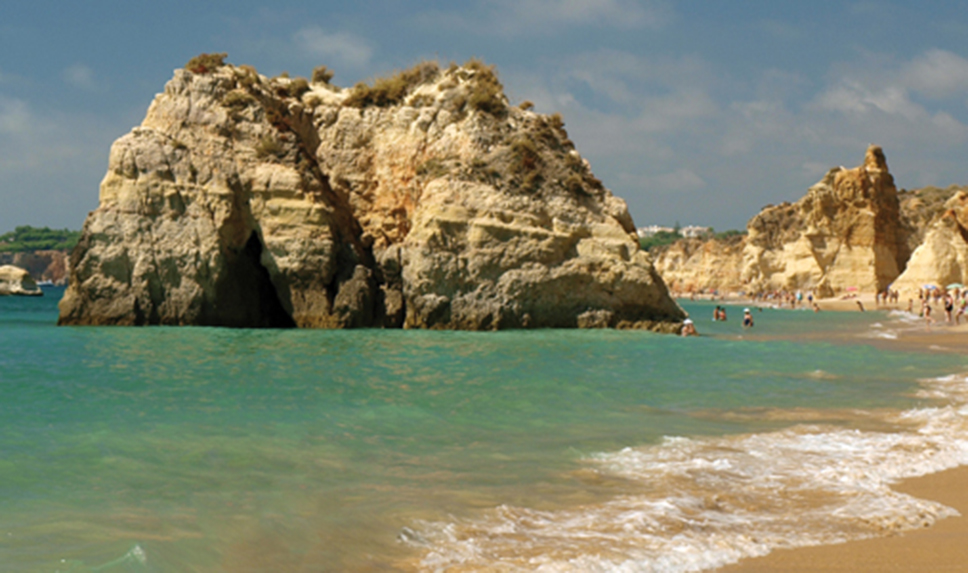

PORTUGAL GOLDEN VISA PROGRAM
PORTUGAL GOLDEN VISA PROGRAM
Overview
In October 2012, Portugal introduced its Golden Residence Permit for Investment Activity (“Golden Visa”). The Golden Visa has all the benefits of a Schengen Visa, entitling the holder to free movement throughout the 27 Schengen member countries in Europe. Golden Visa holders obtain access to residence permits, as well as to Portuguese citizenship (after 5 years of residency), with advantageous periods of stay in Portugal.
Benefits
- Government processing time is 12-18 months (after completion of all requirements and file submission to the Government).
- Each applicant, his/her spouse, and dependents have the right to reside and work in Portugal, and to travel freely in the Schengen area.
- There are no restrictions on nationalities (all foreign nationalities may apply, except citizens of the European Union or Russia).
- Portugal offers a high quality of life, including modern business and medical facilities, shopping, natural beauty, sports, cultural events, and a warm climate.
- There is no age restriction, interview, minimum education requirement, management or business experience requirement, strict net worth, or source of funds requirement.
- There is no language requirement (although basic Portuguese language will be required to obtain citizenship).
- The residency requirement is minimal (1 week per year).
- Applicants can apply for citizenship after 5 years of residency.


Life in Portugal
Geography
The territory of Portugal includes an area on the Iberian Peninsula (referred to as the continent ) and two archipelagos in the Atlantic Ocean. Mainland Portugal is split by its main river, the Tagus River, which flows from Spain to Lisbon before entering the Atlantic Ocean. The northern landscape is mountainous, whereas the south is characterized by rolling plains.
Portugal’s Exclusive Economic Zone , a sea zone in which the Portuguese have special rights over the exploration and use of marine resources, is 1,727,408 km . This is the 3rd largest Exclusive Economic Zone of the European Union and the 11th largest in the world.
Population
The country has a population of approximately 10,250,000 people, approximately 20% of whom live in the capital city of Lisbon . Other cities and districts include Porto , Braga , Aveiro , Leiria , and Faro .
Schengen Membership
Portugal is a member of the Schengen area , which allows Schengen Visa-holders free movement between its 27 member countries (Austria, Belgium, Croatia, Czech Republic, Denmark, Estonia, Finland, France, Germany, Greece, Hungary, Iceland, Italy, Latvia, Liechtenstein, Lithuania, Luxembourg, Malta, Netherlands, Norway, Poland, Portugal, Slovakia, Slovenia, Spain, Sweden, and Switzerland). The Schengen Treaty, signed on June 14, 1985, enables the member countries to operate like a single state for international travel, with no internal border controls.
Climate
Portugal has a Mediterranean climate and is one of the warmest European countries. The annual average temperature in mainland Portugal varies from 12°C (53.6°F) in the mountainous interior, to over 18°C (64.4°F) in the south and in the Guadiana River basin. Summer’s highest temperatures may be over 45°C (113°F).
Languages
The official language is Portuguese, and a large percentage of the population also speaks English.
Education
The education system is divided into preschool (children under age 6), basic education (9 years, compulsory), secondary education (3 years, until 12th grade), and higher education (university and polytechnic). The public school system (grades 1 to 12) is free to residents and citizens. Many private schools are located in the coastal town of Cascais (connected to Lisbon by a train system), and taught in English.
The largest university in Portugal, the University of Porto , is considered one of the top universities in Europe. It offers degrees in Architecture, Dentistry, Economics, Engineering, Fine Arts, Law, Medicine, Pharmacy, Sciences, and Management and Business.
Health Care and Quality of Life
According to the Human Development Report (2019), the average life expectancy in Portugal is 81.9 years.
The Portuguese health system is characterized by three coexisting systems: the National Health Service (NHS), special social health insurance schemes for certain professions (health subsystems), and voluntary private health insurance. The NHS provides universal coverage. In addition, about 25% of the population is covered by the health subsystems, 10% by private insurance schemes and another 7% by mutual funds.
The Economist Intelligence Unit’s quality of life survey placed Portugal as the country with the 19th-best quality of life in the world for 2005, ahead of other economically and technologically advanced countries like France, Germany, the United Kingdom and South Korea.
Economy
Since the 1990s, Portugal’s economic development model has been slowly changing from one based on public consumption to one focused on exports, private investment, and development of the high-tech sector. Business services have overtaken more traditional industries such as textiles, clothing, footwear, cork (of which Portugal is the world’s leading producer), wood products and beverages.
Most industry, business and finance are concentrated in the Lisbon and Porto metropolitan areas. The districts of Aveiro, Braga, Coimbra, and Leiria are the biggest economic centres outside those two main metropolitan areas
The Portuguese currency is the euro (€) and the country’s economy has been in the eurozone from its beginning. Portugal’s central bank is the Banco de Portugal , which is an integral part of the European System of Central Banks.
The GDP in 2021 was €253.7 billion or €24,751 per capita. The primary sectors in Portugal are agriculture, fishing and mining. The secondary sectors are automobile (Volkswagen and Peugeot), aerospace (Embraer), electronics, textiles, food, chemicals, cement and wood chips. Modern, technology-based industries like aerospace, biotechnology and information technology, have been developed in several locations across the country.


Qualifications
- The applicant must possess a valid passport and reside legally in a country.
- The applicant must be minimum age 18 years (no maximum age).
- The applicant must not be a citizen of the European Union or Russia.
- The applicant makes a €500,000 investment in a Portuguese venture capital fund for 7 years (or until the applicant obtains citizenship). Confederation offers a unique option to finance this investment.
- The applicant must pass a security background check.
- Dependents are children under 18, older children who are students and financially dependent on the applicant, or dependent parents age 65+.


Process
|
Prepare documents Confederation reviews application |
2 weeks |
|
Obtain tax number for family members Open Portuguese bank account Complete investment in Venture Capital fund Submit online residence application to AIMA |
2-3 months |
|
Government processing |
6-8 months |
|
Book biometrics appointment Obtain Schengen visitor visa (to attend biometrics) |
2-3 months |
|
Government processing Receive residency |
4-6 months |